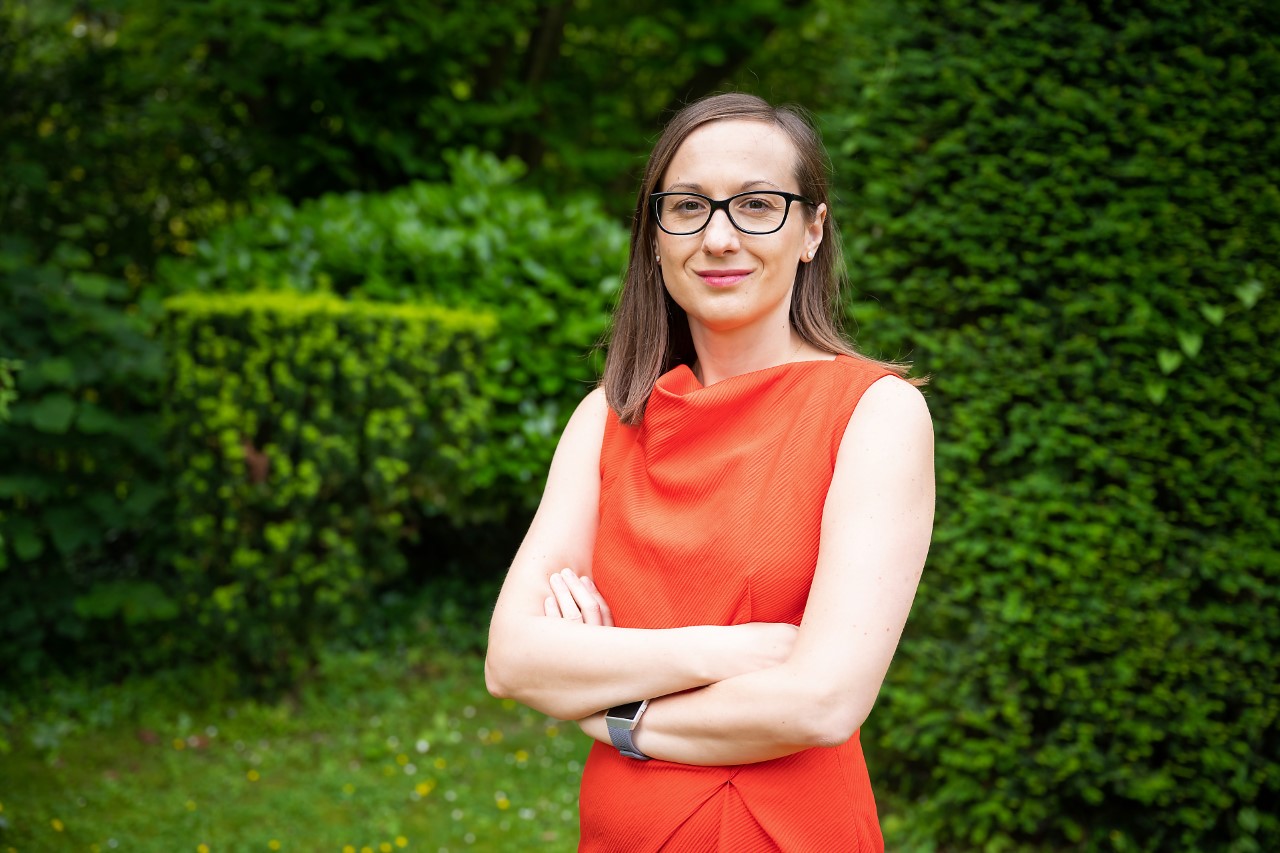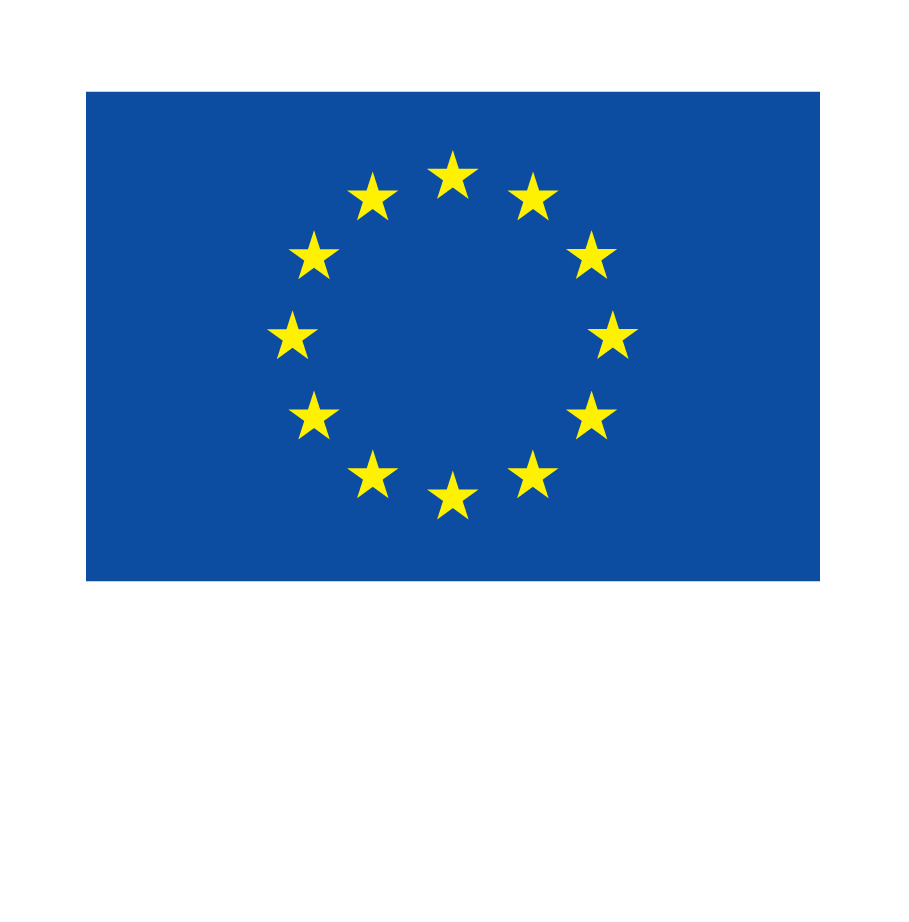Dear RED-SPINEL community,
I am delighted to welcome you all to the Institut d’études européennes (IEE) of the Université libre de Bruxelles(ULB) not only to celebrate together the successful evaluation of our Horizon Europe project, but also to launch our shared research agenda for the next three years.
As scholars and citizens alike, we are all concerned by the challenges that our democratic political regimes are facing. Some of them are not new. The crisis of democracy understood as a crisis of representation has been widely elucidated across different disciplinary perspectives. Yet the growing dissensus surrounding liberal democracy and the rule of law has more recently taken on new ever more challenging forms which in turn present a range of facets that invite further exploration. This latest wave of dissensus is understood to be driven both by increased external competition and widespread internal contestation.
This is not the first time that liberal democracy has come under strain. As Sheri Berman reminds us in her comprehensive historical analysis of Democracy and Dictatorship in Europe, “consolidated liberal democracy most often comes at the end of a long and difficult process that involved missteps and even
failure along the way” (2019: 377). Critique of liberal democracy is not new and tensions between liberalism and democracy have shaped many formative critical junctures in the EU’s history. However, over the past decade illiberal competition has become ever more testing, contestation has heightened and taken on a range of different forms, while the actors of dissensus across the EU have become ever more institutionally embedded and vocal in their support of anti-liberal ideas.
Our collective ambition for the years to come is to address some of the most pressing questions of our times and to shed light on how European liberal democracy is being contested and what this means for the EU and its Member States. In other words, our intellectual endeavour consists in Respond(ing) to Emerging Dissensus by looking at SuPranational Instruments & Norms of European Liberal democracy (RED-SPINEL).
The inaugural event of our Horizon Europe RED-SPINEL project is first and foremost a framework for dialogue. It is a moment of socialisation to debate the issues at stake and share our initial reflections on the project’scentralconcept. Indeed, key to this initial gathering is to tackle the key concept at the core of our project – dissensus – and its implications. This involves debating three cross-cutting questions on said dissensus:
- What isthe nature of the current dissensus and howdisruptive isit to the EU?
- How have EU institutional actors and instruments contributed and responded to this increased
dissensus? - What are the implications of this dissensusfor policy instruments at EU and Member State levels?
These are the project’s main questionswhichwill also be explored empirically in relation to:
- (1) the EU’sinternal democracy and the rule of lawinstruments, notably the EU’s Rule of LawToolbox;
- (2) the EU’s external promotion of democracy and the rule of law within its’ neighbourhoods, notably the
enlargement agenda and EuropeanNeighbourhood Policy (ENP); - (3) the legal mechanisms and technocratic instruments mobilised with an eye on fostering citizen
participation, defending fundamental rights and promoting climate justice; - (4) instruments relating to EU economic governance, notably the European Semester and socio-economic
governance.
To start our reflections and theoretical discussions, on the 19th of October, we have the honour to welcome prof. Michael Zürn for an introductive keynote drawing on his recent work conceptualizing contestation in global governance. The presentation will discuss how contemporary international contestation is increasingly “embedded in a normative and institutional structure” which “produces contestation, resistance and distributional struggles” (A Theory Of Global Governance: Authority, Legitimacy and Contestation, OUP, 2019).
Subsequently, on the 20th of October, we will reconvene to collectively discuss the concept of dissensus across different sessions and formats all designed to allow for further dialogue. As detailed in the program, in addition to the theoretical panels, workshops and group gatherings are foreseen to bridge theoretical debates to empirics as well as concrete scheduled research
outcomes.
As academic coordinator of this project, I would like to express my sincere gratitude to all our academic and non-academic partners for their support and contributions throughout the various stages of the project’s genesis, from the initial idea all the way to its successful submission. The partners engagement was crucial in securing this wonderful success. The diversity of our theoretical views and understandings of the issues atstake, our disciplinary backgrounds and research traditions as well as our diverse empirical lenses are the real strengths of our collective efforts. I would also want to thank all the partners for their continued trust in the IEE’s ability to fulfil the project’s necessary coordination role. We take this responsibility to heart, and over the next three-yearswewill meet it to the very best of our abilities.
Lastly, on behalf of all of us, allow me to warmly thank the IEE-ULB team who helped transform an intellectual ambition into a successful Horizon Europe project funded by the European Commission: Jozefien van Caeneghem, Frederik Ponjaert, Maria-Isabel Soldevila, Amandine Alfonso Faucon and the ULB-Europe department, as well as all the other IEE-ULB colleagues and friends involved along the way so far.
I wish you all a fruitful RED-SPINEL opening event and I look forward to working with you all for the next three years in what I hopewill be a stimulating project.

